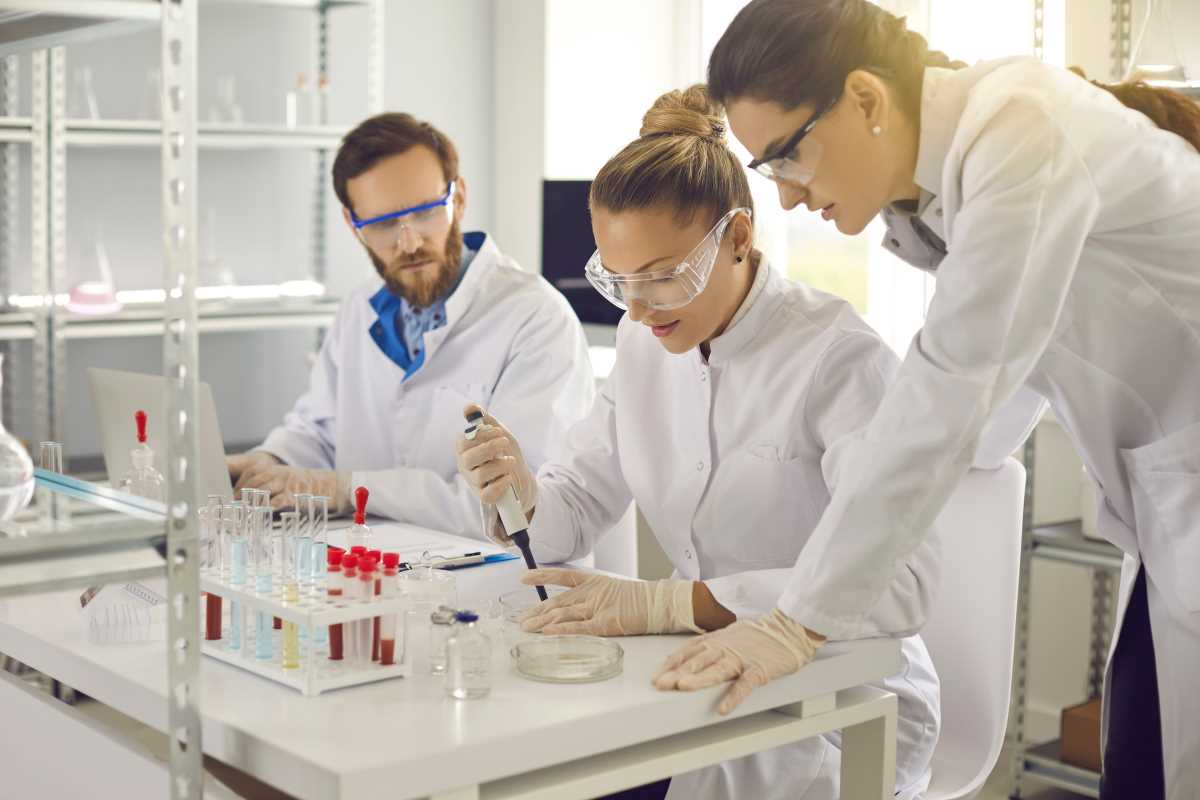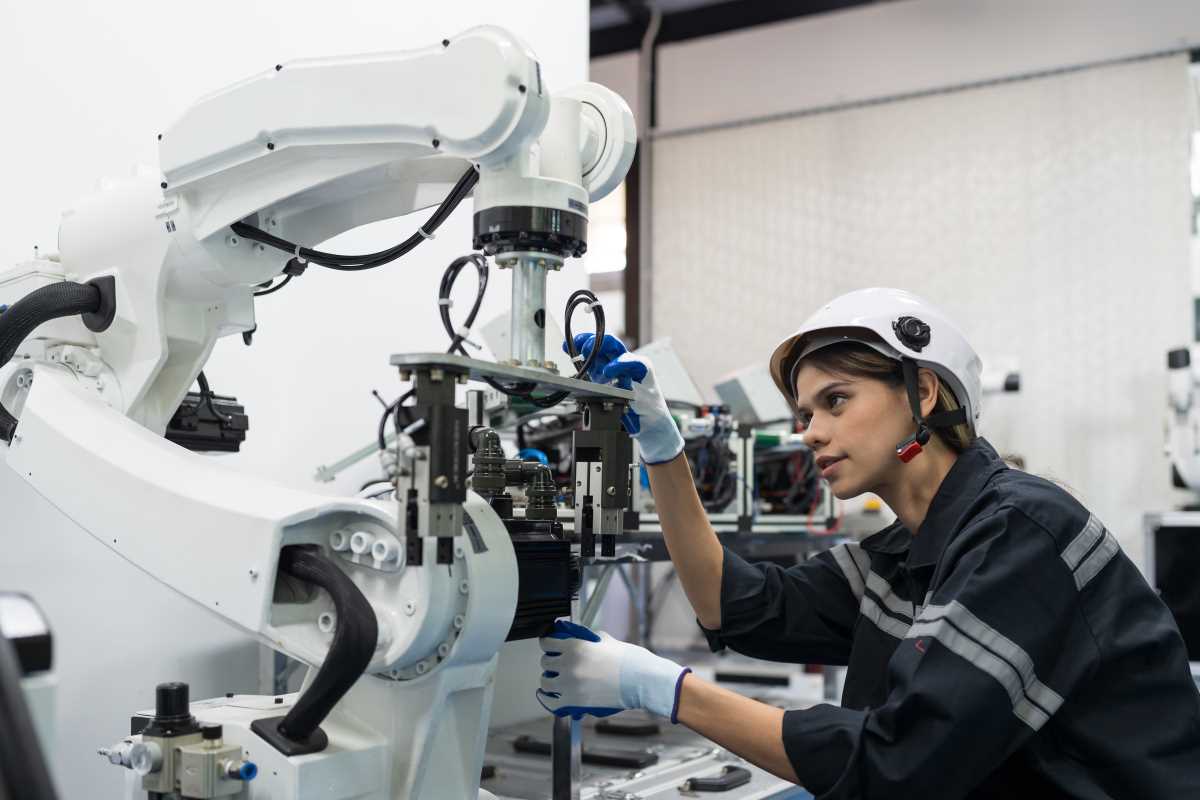Many people think a Doctor of Pharmacy (PharmD) degree only leads to a job as a community or hospital pharmacist. That path is a vital part of healthcare, but the PharmD is also a powerful gateway into the world of pharmaceutical sciences. This field is where new drugs are discovered, developed, and brought to market. A PharmD provides a unique clinical perspective that is highly valued in research and industry settings.
What are Pharmaceutical Sciences?
Pharmaceutical sciences represent the engine of the drug industry. This broad field covers everything involved in creating a new medicine. It is a group of scientific disciplines that work together to turn a promising chemical compound into a safe and effective treatment. Professionals in this area are the scientists, researchers, and strategists behind every pill, injection, and therapy you see on the market.
Unlike the role of a dispensing pharmacist who focuses on patient care, a pharmaceutical scientist focuses on the drug product itself. They work in laboratories, offices, and manufacturing plants. Their goal is to answer critical questions. How does a drug work in the body? What is the best way to deliver it? Is it safe for humans? How can we manufacture it on a large scale? This field combines chemistry, biology, and engineering to solve complex problems and advance medicine.
Key Areas within Pharmaceutical Sciences
- Drug Discovery and Development: Identifying new drug candidates and testing them in preclinical studies.
- Pharmacology: Studying how drugs affect the body and how the body processes drugs.
- Pharmaceutics: Formulating drugs into stable, effective dosage forms (tablets or capsules).
- Clinical Research: Designing and managing human trials to test a new drug's safety and efficacy.
- Regulatory Affairs: Navigating the complex process of getting a new drug approved by government agencies like the FDA.
Why a PharmD is Excellent Preparation
A PharmD curriculum provides an ideal foundation for a career in pharmaceutical sciences because it bridges the gap between the science of a drug and its clinical use in patients. While a Ph.D. in a specific science (chemistry or biology) offers deep expertise in one area, a PharmD provides a broad, integrated understanding of how medicines work in the real world.
PharmD students spend years studying pharmacology, pharmacokinetics (how drugs move through the body), and therapeutics (how drugs are used to treat diseases). This clinical context is invaluable in the pharmaceutical industry. A scientist with a PharmD can anticipate how a drug's chemical properties might affect a patient with a specific condition. They understand the practical challenges of patient adherence and potential drug interactions.
The PharmD Curriculum: A Gateway to Industry
Your PharmD coursework is packed with subjects that are directly applicable to a career in pharmaceutical sciences. You will build a strong scientific foundation that goes far beyond what is required for many other clinical roles.
The curriculum typically starts with foundational sciences, such as biochemistry and medicinal chemistry, teaching you the structure and function of drugs at a molecular level. You then move into pharmacology and pharmaceutics, where you learn how those molecules interact with the body and how they are formulated into products. The most important part is the therapeutics sequence, where you apply all this knowledge to treating diseases. This is where you learn to think like a clinician.
Key Courses and Their Industry Relevance
- Pharmacokinetics: Essential for roles in clinical pharmacology, where you determine the correct dosing for new drugs.
- Medicinal Chemistry: Directly applies to drug discovery, helping teams design new molecules.
- Pharmaceutics: Prepares you for formulation science, where you would work on creating the final drug product.
- Biostatistics and Research Design: For roles in clinical research, where you help design and analyze data from clinical trials.
Finding PharmD Programs with an Industry Focus
Many PharmD programs recognize that a significant number of their students are interested in careers beyond traditional pharmacy practice. These schools have developed specific pathways, dual-degree options, and experiential learning opportunities to prepare students for the pharmaceutical industry.
Look for programs that have strong ties to pharmaceutical companies and biotech hubs. Some schools also offer concentrations or "tracks" in pharmaceutical sciences. These specialized paths enable you to take more electives in areas such as drug development, regulatory affairs, or clinical research.
A dual-degree program is another fantastic option. Pairing your PharmD with another degree can make you an even more attractive candidate.
- PharmD/MBA: This is a popular combination for those interested in the business side of the industry, such as marketing, business development, or corporate strategy.
- PharmD/Ph.D.: This path is for those who want to lead research labs. It combines the deep research training of a Ph.D. with the clinical knowledge of a PharmD.
- PharmD/MS in Regulatory Affairs: This prepares you for a career guiding new drugs through the complex FDA approval process.
Gaining Experience During Your PharmD Program
Your coursework is only one part of the equation. Gaining hands-on experience is crucial for breaking into the pharmaceutical industry. Your Advanced Pharmacy Practice Experiences (APPEs), or rotations, in your final year are a golden opportunity to do this.
Most programs require you to complete several rotations in different settings. Actively seek out rotation sites within the pharmaceutical industry. Many large pharmaceutical companies offer highly competitive rotations in various areas. Even a rotation at a research-intensive academic medical center can provide valuable experience.
Beyond rotations, look for other ways to get involved.
- Summer Internships: Many companies offer paid summer internships for pharmacy students. These are competitive but provide incredible experience and networking opportunities.
- Research Projects: Volunteer to work in a professor's lab. This shows initiative and helps you build fundamental research skills.
- Industry Organizations: Join student chapters of organizations like the Industry Pharmacists Organization (IPhO). This is a great way to network and learn about different career paths.
Career Paths in Pharmaceutical Sciences with a PharmD
A PharmD opens the door to a wide array of roles within the pharmaceutical industry. Your clinical background makes you a valuable asset in many different departments.
Medical Affairs / Medical Science Liaison (MSL):
- MSLs are scientific experts on a company's products.
- They build relationships with key opinion leaders and provide them with complex scientific information.
- A PharmD is often the preferred degree for this role because of the deep clinical and therapeutic knowledge required.
Clinical Research:
- PharmD graduates are well-suited for roles as Clinical Scientists or Clinical Research Associates.
- In these positions, you would help design, manage, and monitor clinical trials.
- Your understanding of disease states and drug therapy is crucial for ensuring trials are run safely and effectively.
Regulatory Affairs:
- Professionals in regulatory affairs act as the bridge between the company and government agencies.
- They prepare the massive documentation required for new drug applications and ensure the company complies with all regulations.
A PharmD is a versatile degree that can lead to a fulfilling and impactful career in pharmaceutical sciences. It provides a unique blend of scientific knowledge and clinical insight that is highly sought after by the industry.
 (Image via
(Image via





